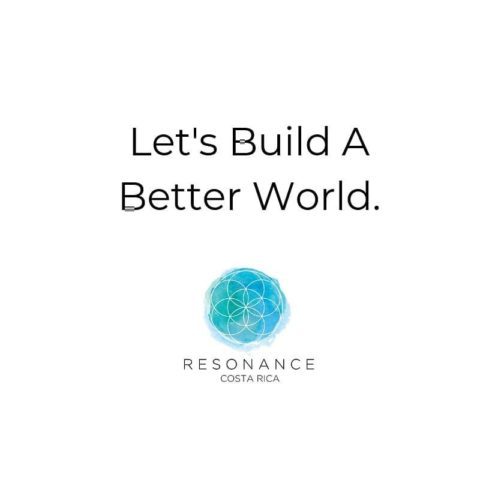Last year five million children worldwide died of hunger. That is 100 times more people that have died so far from COVID-19, yet no government has declared a state of emergency or asked that we radically alter our way of life to save them. Nor do we see a comparable level of alarm and action around suicide-the mere tip of an iceberg of despair and depression- which kills over a million people a year globally. Or the autoimmunity epidemic, which affects 23.5 million to 50 million, or obesity, which kills well over 2.8 million per year (WHO 2017). Why, for that matter, are we not in a frenzy about averting nuclear armagaeddon or ecological collapse, but to the contrary, pursue choices that magnify those very dangers?
Please, the point here is not that we haven’t changed our ways to stop children from starving, so we shouldn’t change them for Covid either. It is the contrary: If we can change so radically for Covid-19, we can do it for these other conditions too. Let us ask why are we able to unify our collective will to stem this virus, but not to address other grave threats to humanity. Why, until now, has society been so frozen in its existing trajectory?
The answer is revealing. Simply, in the face of world hunger, addiction, autoimmunity, suicide, or ecological collapse, we as a society do not know what to do. Our go-to crisis responses, all of which are some version of control, aren’t very effective in addressing these conditions. Now along comes a contagious epidemic, and finally we can spring into action. It is a crisis for which control works: quarantines, lockdowns, isolation, hand-washing; control of movement, control of information, control of our bodies. That makes Covid a convenient receptable for our inchoate fears, a place to channel our growing sense of helplessness in the face of the changes overtaking the world. Covid-19 is a threat that we know how to meet. Unlike so many of our other fears, Covid-19 offers a plan.
What kind of problem succumbs to domination and control?
The kind caused by something from the outside, something other. When the cause of the problem is something intimate to ourselves, like homelessness or inequality, addiction or obesity, there is nothing to war against. We may try to install an enemy by blaming, for example, the billionaires, Vladimir Putin, or the Devil, but then we miss key information, such as the ground conditions that allow billionaires (or viruses) to replicate in the first place.
If there is one thing our civilization is good at, it is fighting an enemy. We welcome opportunities to do what we are good at, which prove the validity of our technologies, systems, and worldview. And so, we manufacture enemies, cast problems like crime, terrorism, and disease into us-versus-them terms, and mobilize our collective energies toward those endeavors that can be seen that way. Thus, we single out Covid-19 as a call to arms, reorganizing society as if for a war effort, while treating as normal the possibility of nuclear armageddon, ecological collapse, and five million children starving.
Today, most of our challenges no longer succumb to force. Our antibiotics and surgery fail to meet the surging health crises of autoimmunity, addiction, and obesity. Our guns and bombs, built to conquer armies, are useless to erase hatred abroad or keep domestic violence out of our homes. Our police and prisons cannot heal the breeding conditions of crime. Our pesticides cannot restore ruined soil. Covid-19 recalls the good old days when the challenges of infectious diseases succumbed to modern medicine and hygiene, at the same time as the Nazis succumbed to the war machine, and nature itself succumbed, or so it seemed, to technological conquest and improvement. It recalls the days when our weapons worked and world seemed indeed to be improving with each technology of control.
There comes a point where we need to unite. Come together and less apart. It’s a matter not of us versus them. For most it may seem unattainable, but for us it starts in designing and creating our own environment and micro economy. We should no longer justify being bystanders or silent observers. The time has come for commUNITY!

